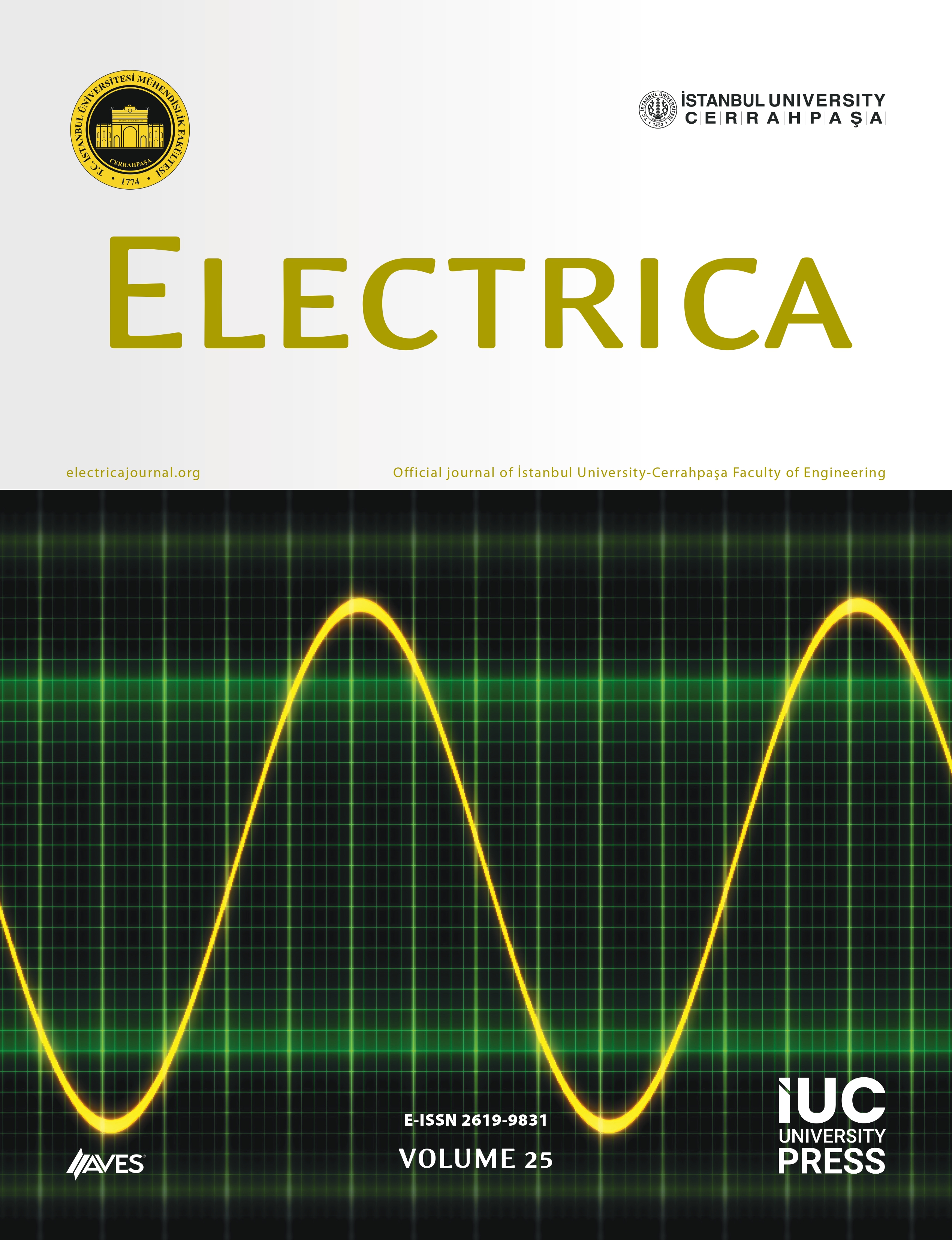The need for electricity has increased as the population, electrical appliances, electric cars, and industrialization have grown. Therefore, an accurate short-term electricity forecasting is required because it is helpful in day-to-day scheduling activities of utility companies like transmission and generation of electric energy. It can make the power grid safe, reduce electricity production costs, and fulfil user needs and economic and environment benefits. A single model may not be able to solve the electricity consumption problem because it contains linear and non-linear data. In this study, a two-phase hybrid machine learning model is developed for electricity utilisation prediction at a residential level. In the first phase, two algorithms, namely extreme gradient-boosting and linear regression are combined to learn the trend, seasonality, randomness, and cyclic components of the data. In the second phase, a voting ensemble model optimized is applied considering the best three models from 11 baseline models and weight parameter of the models is optimized using genetic algorithm. The developed model outperformed all models (baseline and state-of-the-art) considering four performance parameters over the individual household electric power consumption dataset. The proposed model has given Mean Squared Error (MSE) value of 0.025, Room Mean Squared Error (RMSE) value of 0.162, Mean Absolute Error (MAE) value of 0.129, and Mean Absolute Percentage Error (MAPE) value of 15.61 on a daily-level dataset. The proposed model has given a 0.159 MSE value, 0.387 RMSE value, 0.283 MAE value, and 25.07 MAPE value on an hourly-level dataset. Analysis of variance one-way statistical test is applied to show that results are statistically significant.
Cite this article as: A. Banga and S. C. Sharma, “Short-term electricity consumption forecasting at residential level using two-phase hybrid machine learning model,” Electrica, 24(2), 272-283, 2024.



.png)

.png)